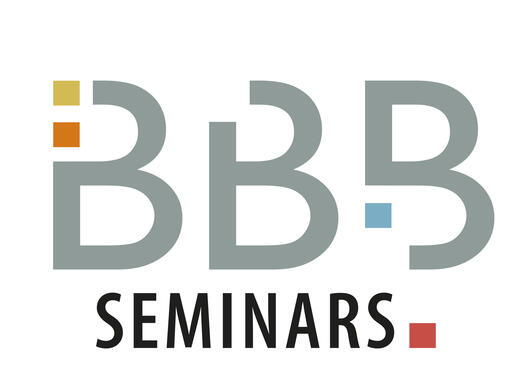BBB seminar: Tom Michoel
From descriptive to predictive biology: learning causes and effects from multi-omics data
Main content
Tom Michoel
Computational Biology Unit, Department of Informatics, University of Bergen
“Omics” data is everywhere in biomedicine. Yet whether you use genomics, transcriptomics, proteomics, or metabolomics, whether in model systems or patients, the most used bioinformatics tools and databases to analyse these data are all purely descriptive. They allow to answer “What?” questions: What genes are differentially expressed in my experiment? What proteins does my protein of interest interact with?
To reach a true understanding of the quantitative principles that govern biological systems and guide future experiments, we need predictive methods that allow “What if?” questions: What if I knocked out that gene instead of this one? What if we treat a patient with this drug instead of that one? Predictive biology thus requires mathematical models and analytical methods that can distinguish cause from effect in omics data.
I will present an introduction to the science of causal inference, initiated 100 years ago by the geneticist Sewall Wright, and its influence on current research in computational biology. Specifically, I will present methods that can learn causal gene regulatory networks when multiple omics data are available for the same samples or individuals, and results from applying these methods on a unique resource of multi-omics data from cardiovascular disease patients undergoing surgical intervention in the STARNET study
Chairperson: Harald Barsnes, Department of Biomedicine

